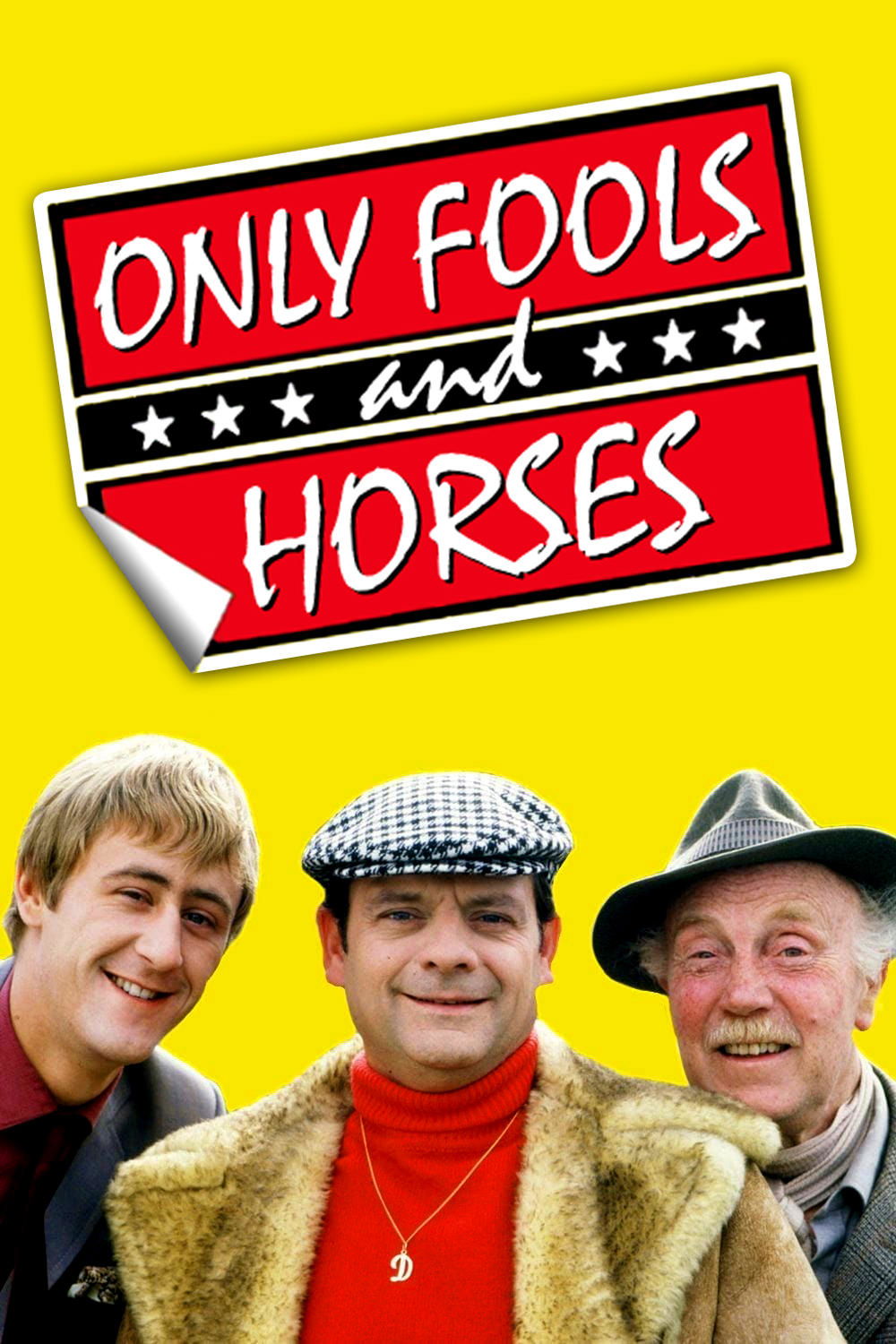Only Fools and Horses (1981 – 1991)
Only Fools and Horses
Backdrop for Only Fools and Horses.
Used for reference and discovery. All rights belong to their respective owners.
Complete episodes, seasons, and air dates for Only Fools and Horses (1981 – 1991)
|
|
Only Fools and Horses (1981 – 1991)
Only Fools and Horses has established itself as a landmark series in contemporary television, redefining what modern storytelling can achieve. Through intricate plotting, layered character development, and innovative narrative structures, the show has captured both popular and critical attention, becoming a cultural touchstone for audiences worldwide. From the very first episode, it challenges viewers with thought-provoking scenarios, moral dilemmas, and emotionally resonant storytelling. Far beyond simple entertainment, Only Fools and Horses offers a profound exploration of human experiences, relationships, and the complexities of personal growth, leaving lasting impressions long after the credits roll.
The series consistently intertwines themes such as identity, loyalty, justice, loss, and resilience. Every season builds upon the previous one, introducing new conflicts, evolving character arcs, and fresh narrative threads, creating a dynamic story world that is both engaging and immersive. Characters navigate challenges that are emotionally, ethically, and socially complex, inviting audiences to reflect on their own beliefs and values. Pivotal moments blend quiet introspection with dramatic tension, while plot twists and cliffhangers maintain suspense, ensuring that the stakes remain high and the viewer experience is continually compelling.
From a visual perspective, Only Fools and Horses excels in cinematic storytelling. Every shot is thoughtfully composed, using lighting, color, and framing to communicate mood, character states, and thematic undertones. Production design brings each environment to life, whether depicting intimate domestic spaces or expansive, bustling urban landscapes. The musical score supports and elevates emotional moments without overwhelming the narrative, while direction makes use of silence, negative space, and pacing to emphasize key beats. Together, these elements create a rich, immersive atmosphere that draws the viewer deeply into the story world.
Characterization is where Only Fools and Horses truly distinguishes itself. The ensemble cast delivers nuanced performances, with lead characters exhibiting moral complexity, emotional honesty, and evolving motivations. Supporting characters are fully realized and play essential roles in driving the narrative forward, often providing pivotal moments of insight, tension, or relief. Relationships develop organically, reflecting realistic dynamics rather than plot-driven contrivances. This attention to character depth ensures that each emotional payoff feels earned, and the audience remains invested in the outcomes of both central and peripheral arcs. Dialogue is carefully crafted, conveying information, emotion, and thematic resonance simultaneously, making even seemingly ordinary conversations carry weight.
Only Fools and Horses combines clever humor and relatable moments, offering laughter while subtly exploring human relationships and everyday experiences.
For both longtime fans and new viewers, this narrative archive serves as a comprehensive companion to the world of Only Fools and Horses. It provides episode summaries, thematic analysis, and insights into character development, offering a deeper understanding of the series’ scope and impact. Beyond mere entertainment, Only Fools and Horses stands as a significant cultural work, one that encourages reflection, sparks discussion, and engages viewers on multiple intellectual and emotional levels. In an era dominated by fleeting content, it remains a memorable and influential example of storytelling craft, inviting audiences to explore, appreciate, and immerse themselves fully in its narrative universe.
| Title | Only Fools and Horses | |
|---|---|---|
| Genre | Comedy | |
| First Air Date | 1981-09-08 | |
| Last Air Date | 1991-02-03 | |
| Seasons | 7 | |
| Episodes | 45 | |
| Runtime | 30 min | |
| Overview | Only Fools and Horses.... Is a British sitcom created and written by John Sullivan. Seven series were originally transmitted on BBC One from 1981 to 1991, with sixteen sporadic Christmas specials aired until 2003. In working-class Peckham in south-east London, ambitious market trader Derek 'Del Boy' Trotter and his younger half-brother Rodney, explore their highs and lows in life, in particular their attempts to get rich. Initially not an immediate hit and receiving little promotion early on, it later achieved consistently high ratings, and the 1996 episode "Time on Our Hands" (originally billed as the series finale) holds the record for the biggest UK audience for a sitcom episode, attracting 24.3 million viewers. The series bears a significant influence on British culture, contributing several words and phrases to the English language. |
|
| Stars |
|
|








